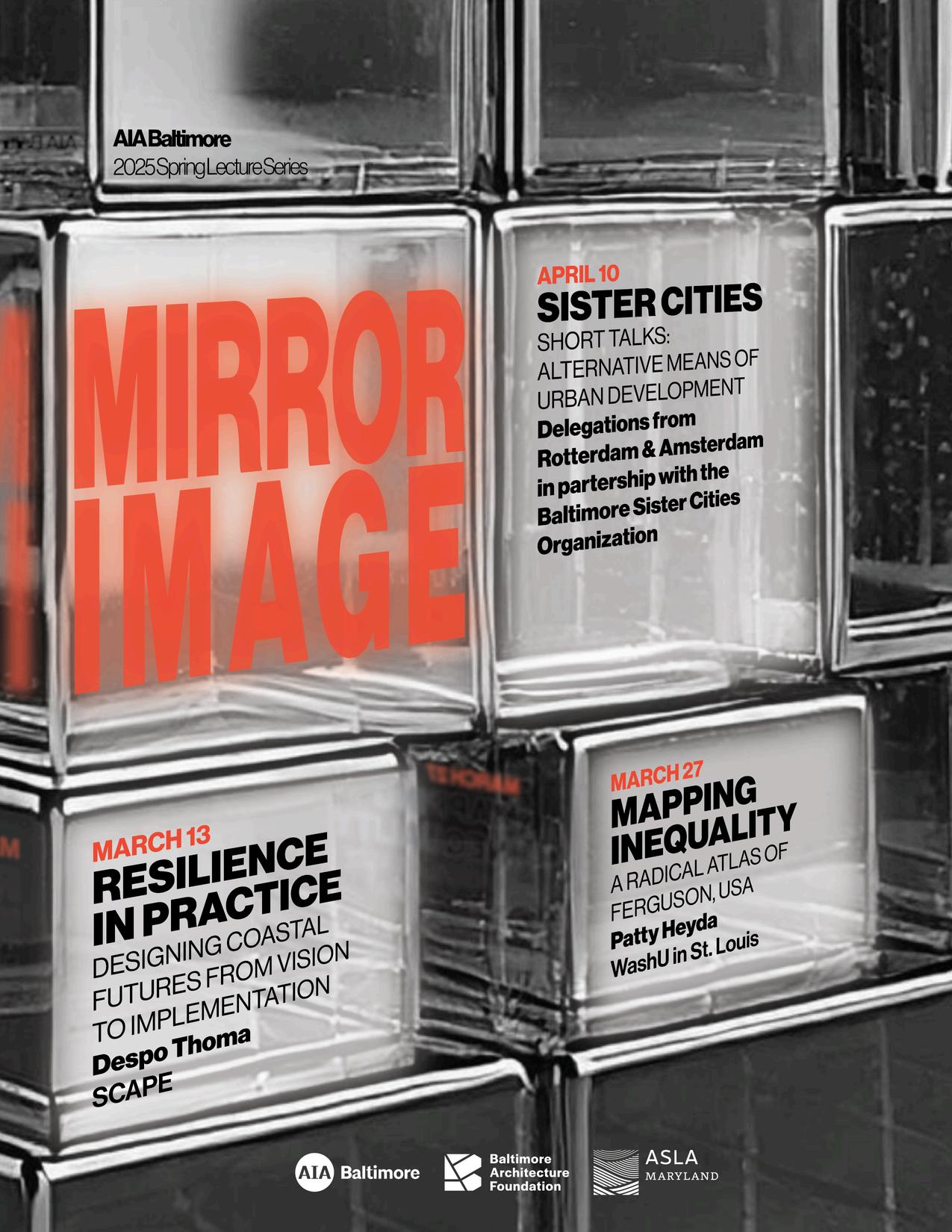

About the Lecture Series
For more than 40 years, AIA Baltimore and the Baltimore Architecture Foundation have been pleased to present an annual lecture series.
Exploring Baltimore through cities that are its Mirror Image - This spring we will explore cities that mirror Baltimore geographically, socio-economically, environmentally, demographically, or culturally. Our discussion will build off of the shared experiences of cities that, like Baltimore, share goals related to resilient urban waterfronts, spatial justice, and alternative means of development. Speakers will explore aspects of Baltimore's urban condition that are reflected in other cities across the globe.
2024 Lecture Series Committee
Nia Young, Assoc. AIA
Taylor McCabe
Brian Helfer, Jr., Assoc. AIA
Special Thank You To
AIA Baltimore Board of Directors
BAF Board of Directors
Lauren Bostic Hill, Assoc. AIA Executive Director
Katherine Somerville Associate Director of Programs & Education
Meghan Hudson Membership & Communications Manager
Nia Anthony Member Engagement Coordinator
Jack Sullivan, FASLA
Thank You Lecture Series Sponsors
Lead

Partner

Reception

Specialty Beverage
Moseley Architects
Supporter
Brickworks Design Studio
Gannett Fleming | TranSystems




03/13 Resilience in Practice
Designing Coastal Futures from Vision to Implementation
with Despo Thoma, Director of Resilience, SCAPE

In this talk, Despo will provide an overview of transformative coastal resilience projects from concept to implementation, blending urban design, resilience planning, and creative storytelling.
Drawing on projects like Climate Ready Dorchester in Boston, Salem's Resilient Together El Punto, and Louisiana’s 2023 Coastal Master Plan, Despo will highlight how tailored solutions whether addressing flooding, extreme heat, or social equity are grounded in local context and community needs. She’ll explore how these projects create not just physical infrastructure, but stronger, more resilient neighborhoods through inclusive, actionable plans.
From visionary design to multi-scale implementation, Despo’s work shows that there’s no onesize-fits-all solution every challenge offers a unique opportunity to innovate, collaborate, and build a more sustainable future This talk will inspire anyone seeking fresh perspectives on how cities can adapt, thrive, and connect with the natural systems that sustain them.
About Despo Thoma

Despo Thoma is the Director of Resilience at SCAPE, where she leads teams in urban design and resilience planning to forge nature-based, community-centered strategies that help communities adapt to our changing climate. Her work connects the dots between the environment, design, and people—whether through actionable resilience plans that reduce climate risk, implementation of multi-layered and multi-benefit infrastructure, or climate visualizations that make complex challenges accessible and guide decision-making. Through creative storytelling, she connects communities with the natural systems that sustain them, and advocates for the role of planning and design in shaping environmental policy, and fostering equitable, resilient neighborhoods.
Despo’s recent projects include Louisiana’s Coastal Master Plan, Massachusetts’ ResilientCoasts Plan, Battery Park City’s North/West Resiliency Project in New York, and Climate Ready Dorchester in Boston. Whether addressing flooding, extreme heat, or other climate impacts, her work helps communities turn design visions into tangible actions, build resilience on their own terms, and thrive today and into the future. Despo is also dedicated to sharing these ideas with others. She has taught at Columbia University’s Urban Design program and the New Jersey Institute of Technology, and in 2021, she was named a Forefront Fellow by the Urban Design Forum for her work on connecting local food systems and fostering food equity.



03/27 MAPPING INQUALITY
A Radical Atlas of Ferguson, USA with Patty Heyda, WashU in St. Louis.
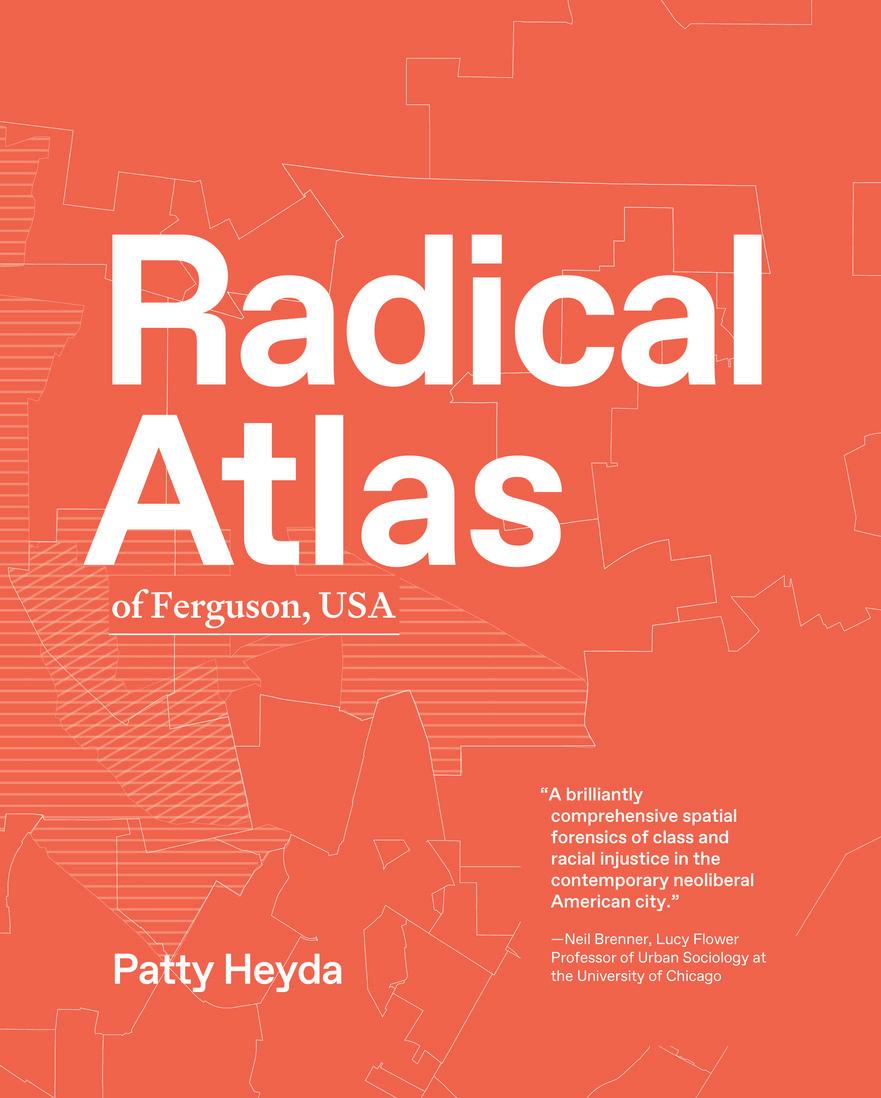
Patty Heyda presents a methodology for mapping structural inequality in the American city, based on her book Radical Atlas of Ferguson, USA (Belt, 2024).
Much like in Baltimore after the arrest and death of Freddie Gray in 2015, Ferguson, Missouri, became the epicenter of America’s racial tensions after the 2014 murder of Michael Brown and the uprising that followed. Though this area just outside St. Louis might have seemed like an average inner suburb, the activism that radiated from there after Brown’s killing laid bare just how long the community had been experiencing racial segregation, fragmentation, poverty, and police targeting.
In over one hundred maps, Patty Heyda charts the systemic forces that have defined Ferguson, St. Louis and the American city more broadly in the ten years since those events. Through an in-depth look at the contradictions undergirding city planning and design, it illuminates how tax incentives, housing codes, streets, nonprofits, philanthropy, and even landscaping often work against the betterment of residents’ lives. At its heart lies a key question:
Just who are our cities being built for?
A profound rethinking of what maps can be, Radical Atlas of Ferguson, USA challenges city planners, designers, and everyday citizens to change their perspective of public space.
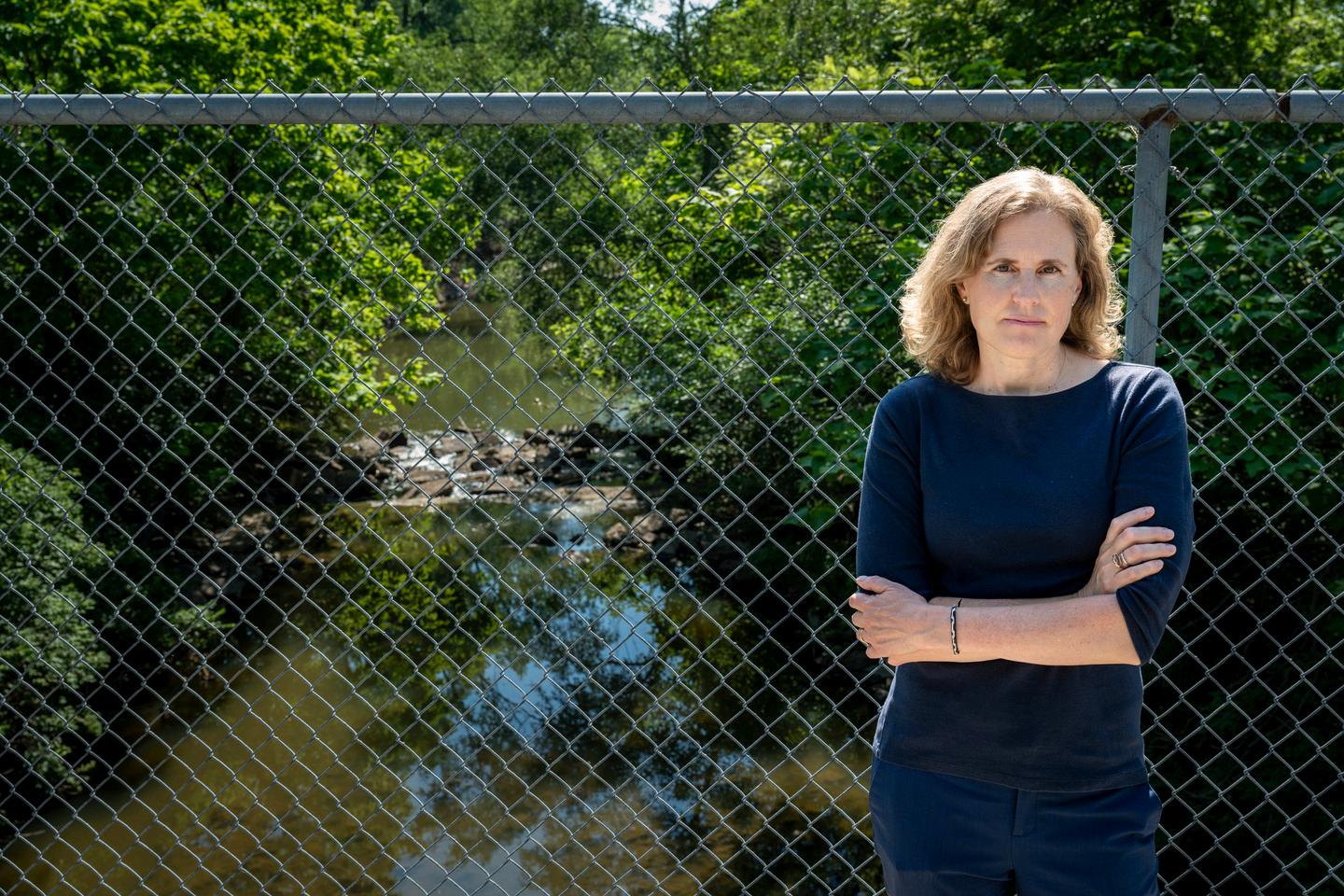
About Patty Heyda
Patty Heyda is professor of urban design and architecture at Washington University in St. Louis. Her interdisciplinary research explores design politics and American cities, with a focus on mapping, uneven development and spatial justice in weak market contexts and inner suburbs. She is the author of Radical Atlas of Ferguson, USA (Belt, 2024), shortlisted for the national “On the Brinck Book Award,” and coauthor with David Gamble of Rebuilding the American City (Routledge, 2016) and Rebuilding the American Town (Routledge, 2024) that explore the complexities, relationships and creative design strategies used in different U.S. cities and towns as they transform to meet challenges of the 21st century.
Heyda has also worked professionally across the scales in the U.S. and abroad, in the offices of Architectures Jean Nouvel (Paris), HOK (St. Louis) and Chan Krieger Associates (Boston). Her writings and design projects appear in JAE, Journal of Urban Design, City Lab, MONU, Mutations, Planning Magazine, Urban Infill, Material World of Modern Segregation, Architecture is All Over, and other books and media. Heyda holds a Bachelor of Architecture from Tulane University and Master of Architecture with Distinction from Harvard University. In 2022, she was awarded the APA St. Louis Dwight F. Davis Award for Outstanding Planning Advocacy.
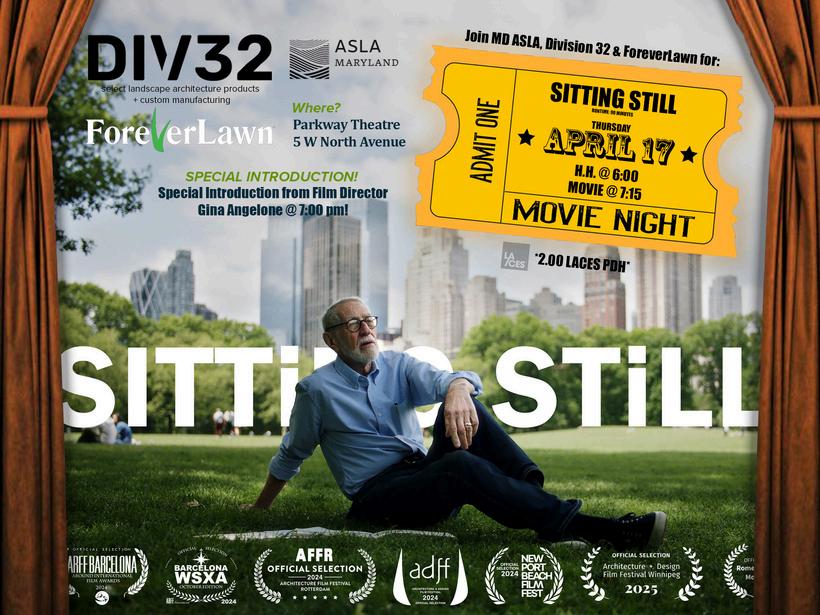
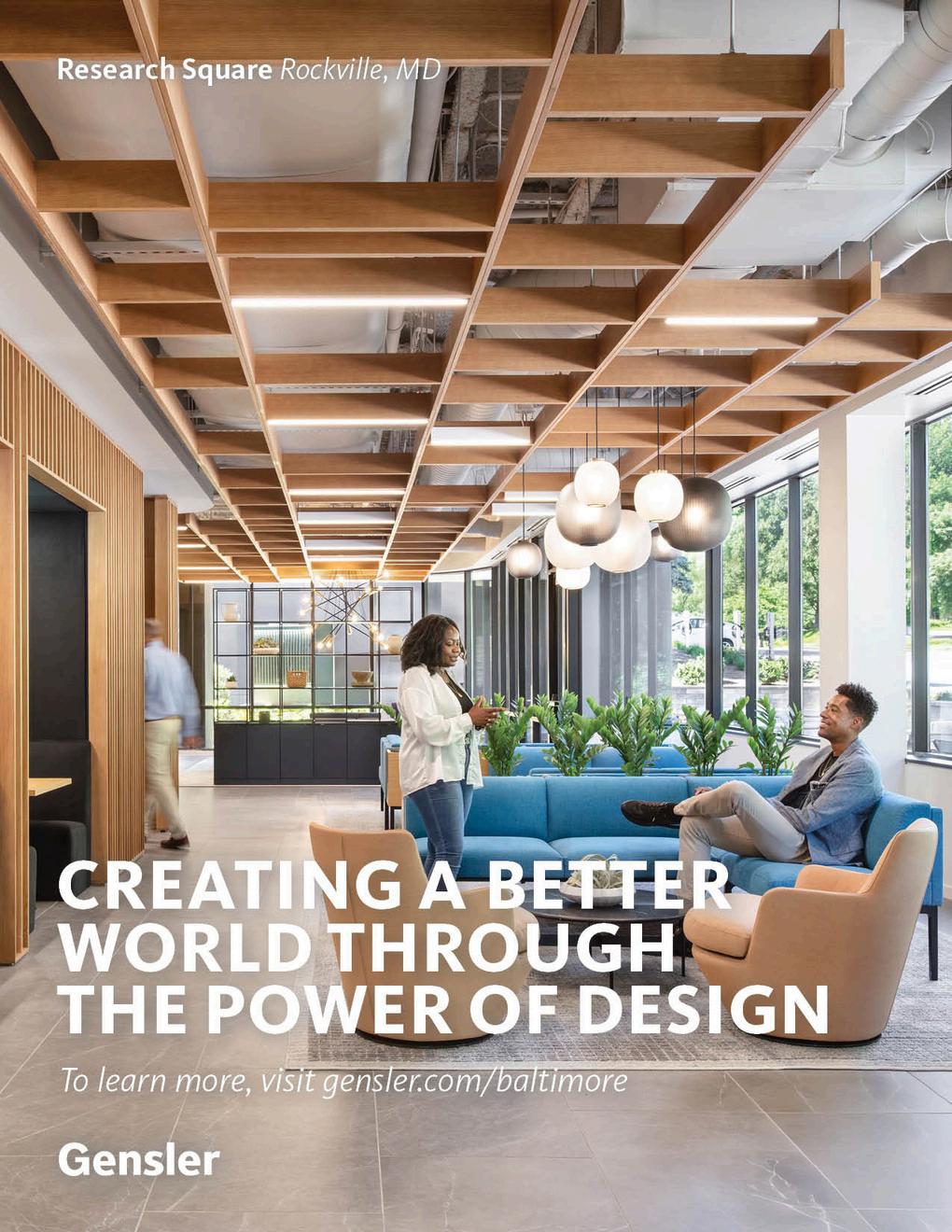
04/10 SISTER CITIES
Alternative Means of Urban Development in partnership with the Baltimore Sister Cities Organization

This talk features delegates of Rotterdam and Amsterdam, in partnership with the Baltimore Sister Cities Organization.
Thijs van Spaandonk
‘Lessons
from Community-Owned Real Estate Development in Amsterdam North”
Verdedig Noord (Defend North) is one of the most diverse and vocal grassroots organizations in Amsterdam, organizing protest, block parties, cultural performances, educational programs, policy guidelines, and public space interventions to combat gentrification in Amsterdam North, a previously neglected working-class neighborhood and industrial area across the water from the historic city center of Amsterdam.
"From our experience, one of the key assets for running a grassroots organization is to have the security of access to spaces for activities. From the start of Verdedig Noord in 2019, developing community-owned real estate was at the core of the activities. Since then, we have been learning how to develop, design and run spaces to become part of the neighborhood’s social infrastructure."
Zico Lopes
“Creating Space for Interaction”
The presentation explores the concept of creating spaces for interaction through community-led urban developments, emphasizing the role of the architect as a facilitator It examines how design can empower local communities, foster social connections, and encourage collective ownership of public spaces.
About the Speakers

Thijs van Spaandonk
Thijs van Spaandonk explores and develops alternative futures and cultural narratives for the major challenges our environment is facing.
Thijs was recently appointed as Chief Government Advisor on the Built and Rural Environment in the Netherlands He advises on spatial programmes and projects involving themes such as mobility, energy transition and urbanization
Thijs is co-founder of Bright, a research, design, and development cooperative for our surroundings Bright designs the spatial infrastructure of future energy systems, explores future uncertainties through scenario building, develops a holistic approach for public space, and builds a rooted and circular neighborhood economy
Thijs is board member of 5711 Cooperative and involved in the development of community-owned real estate in Amsterdam North These places bring together local entrepreneurship to work on cultural expression and production, and a solidary and circular neighborhood economy He is working on an educational program for civil servants based on the experiences of community action in Amsterdam North
As lead designer for City Deal Public Space, Thijs developed The Road to Integralia, a roadmap for an integrated approach for the design, execution, management, and maintenance for sup- and subsurface public space. Thijs was Program Director for the Urban Design Master Program at Rotterdam Academy of Architecture and Urban Design, 2018-2023. Thijs was Curator for Energy Transition for the 2020 International Architecture Biennale Rotterdam. Thijs was trained as an architect at Eindhoven University of Technology, studied as a visiting student at Hong Kong University, and recently completed the Collaborations Track of the Bloomberg Harvard City Leadership Initiative
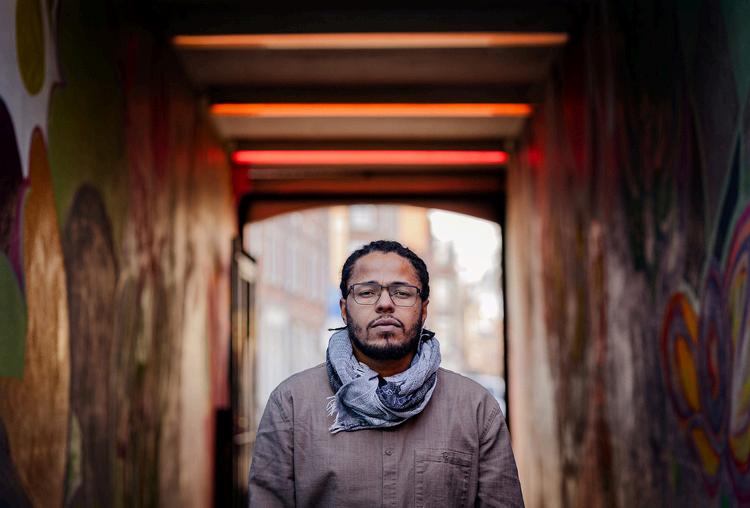
Zico Lopes
Zico Lopes is an architect and urban designer, as well as the founder of Spatial Codes, an architecture studio that focuses on the relationship between humans and their environment With a deep commitment to creating spaces that reflect the needs and values of their users, his work explores how local knowledge, behaviors, and cultural values can be integrated into architectural and urban design His studio operates across Europe, West Africa, and Southeast Asia, bringing a diverse, global perspective to each project
Spatial Codes is known for its human-centered approach, aiming to enhance the experience of space and place We believe that architecture should not only respond to physical needs but also resonate with the emotional and social dimensions of the people who inhabit those spaces The studio works on a variety of scales, from large-scale developments and housing projects to temporary exhibitions and interventions in existing structures Each project is treated as a unique opportunity to engage with the local context and community, ensuring that the design enhances both the environment and the users ’ experience
Spatial Codes has offices in Rotterdam in the Netherlands and Santo Antao in Cape Verde
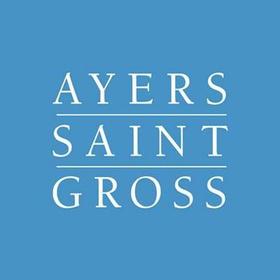


Thank You Annual Sponsors Platinum Gold Silver




BKM - Ci-Design - Gutierrez Studios - GWWO Architects - James Posey Associates, Inc.
The Joyce Agency - Moseley Architects - North Point Builders of Maryland, LLC.
Plaxen Adler Muncy, P.A. - Potomac Valley Brick & Supply - Site Resources - STV, Inc.
